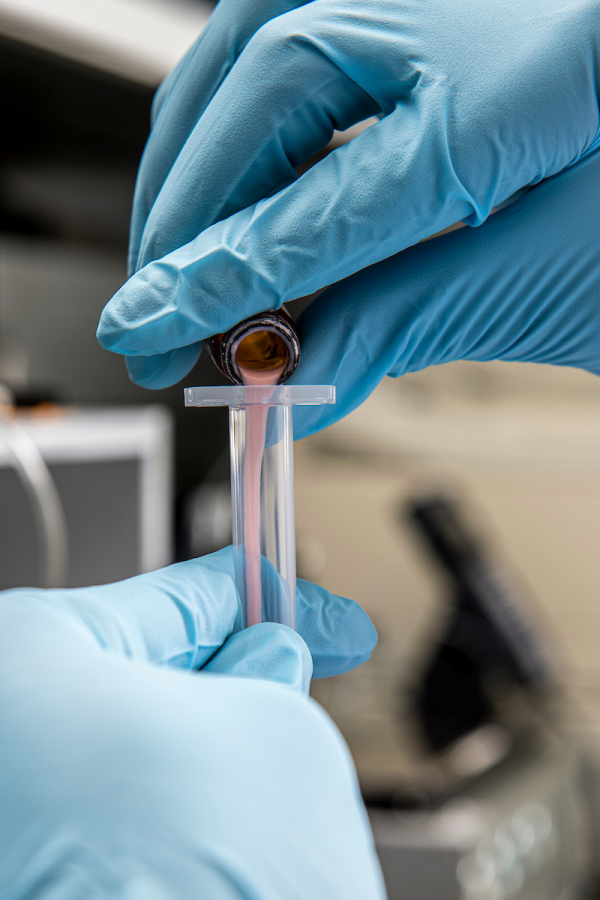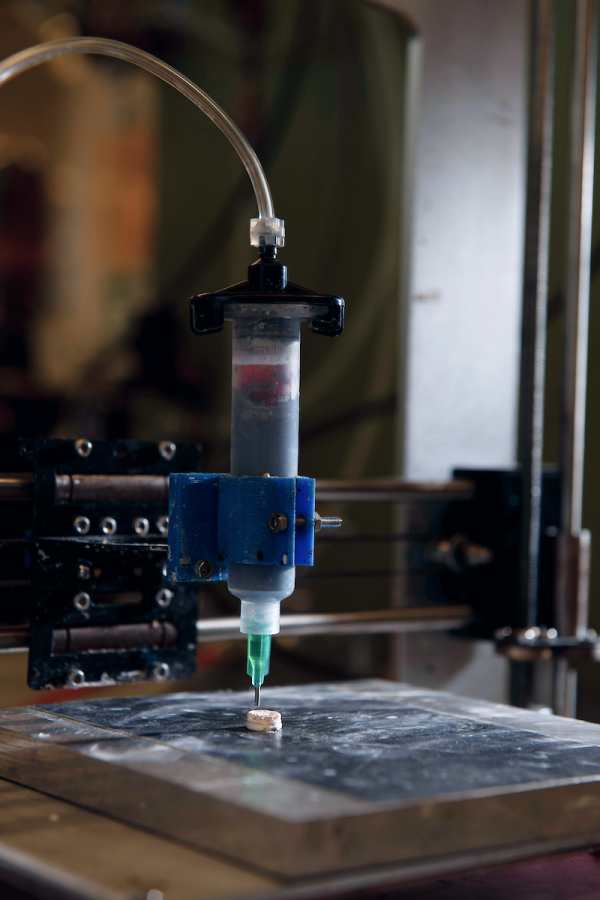PhD in Bioengineering
Earn a PhD in Bioengineering
Our Ph.D. program is more than just an advanced degree; it's an immersive experience designed to cultivate trailblazers in the rapidly evolving field of Bioengineering.
Engage in groundbreaking research projects guided by leading experts in Bioengineering, spanning areas such as biomaterials, tissue engineering, medical imaging, and more.
Want to Know More?
Get info on our program, scholarships, how to visit campus, admissions and more. Take the next step in solving for tomorrow!
Degree Information
Graduate Certificates
Supercharge your career with a graduate certificate! They are open to all persons holding a B.S., M.S., or Ph.D. degree in chemical engineering or a closely allied discipline, including those who are currently accepted into a graduate degree program at Missouri S&T. So what are you waiting for? Skill up and step up your career—seamlessly and efficiently.
Your Career in Bioengineering
 Estimated Starting Salary
Estimated Starting Salary
$75,000 - $105,000
.png) Career Pathways
Career Pathways
-
- Academia/Research Institutions
- Biotechnology and Pharmaceutical Industry
- Entrepreneurship and Startups
- Governments and National Labs
- Healthcare and Hospitals
- Medical Device Industry

Research in Bioengineering
Linda and Bipin Doshi Department of Chemical and Biochemical Engineering at Missouri S&T has developed a research infrastructure in the form of computational and experimental facilities that allow both students and faculty to pursue research and gain expertise in a specialized area.
Specialized Areas of Research
- Biochemical and Biomedical Engineering
- Carbon Management
- Energy and Environment
- Materials and Nanotechnology
- Particle Technology and Characterization
- Reaction Engineering
- Transport Phenomena

Research Funding
Research in the department is funded through external grants and contracts from several federal agencies, including the National Science Foundation, the National Institutes of Health, the Department of Energy, the Environmental Protection Agency, various agencies within the Department of Defense, state sources, and a number of companies.

Follow Linda and Bipin Doshi Department of Chemical and Biochemical Engineering